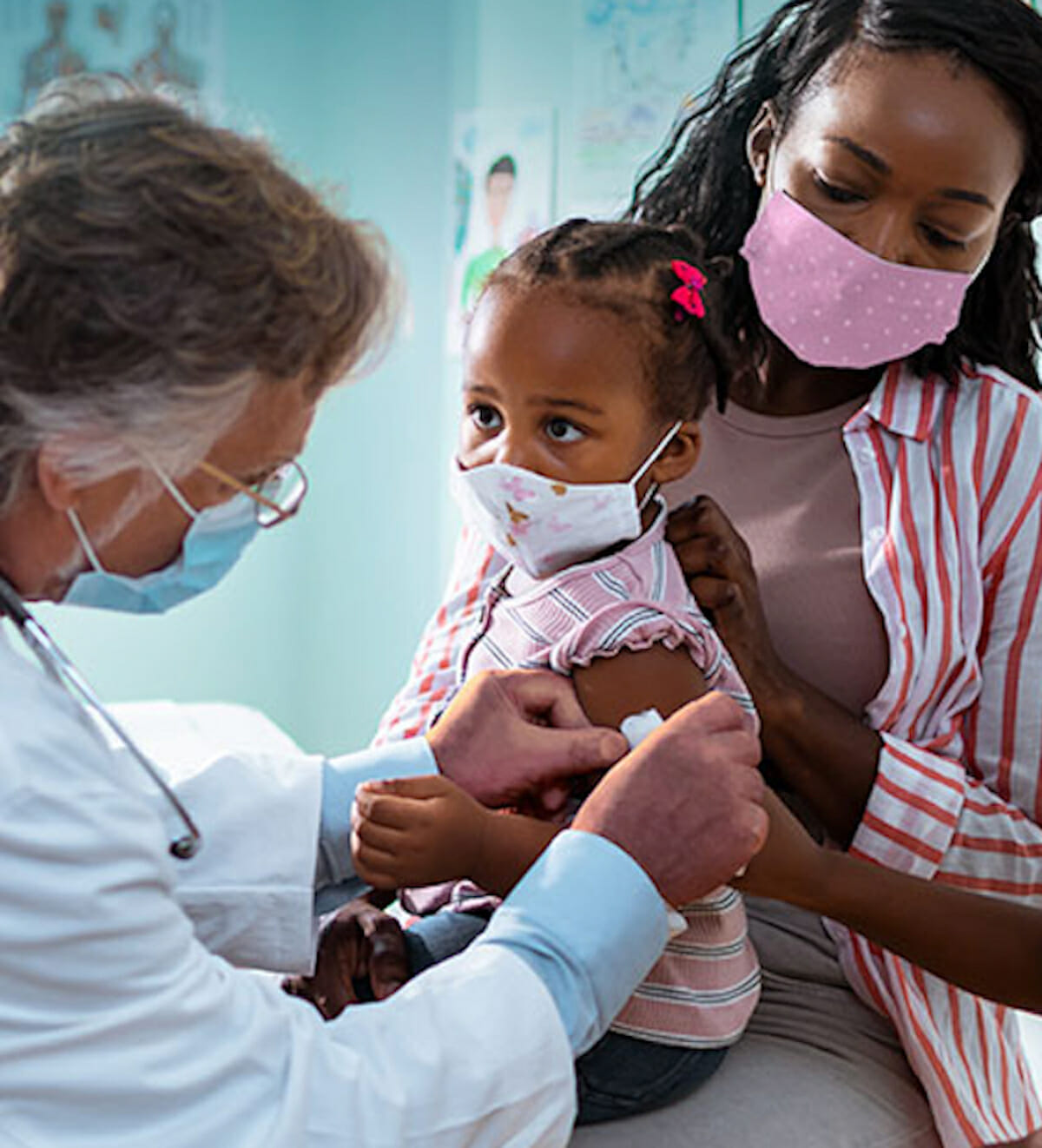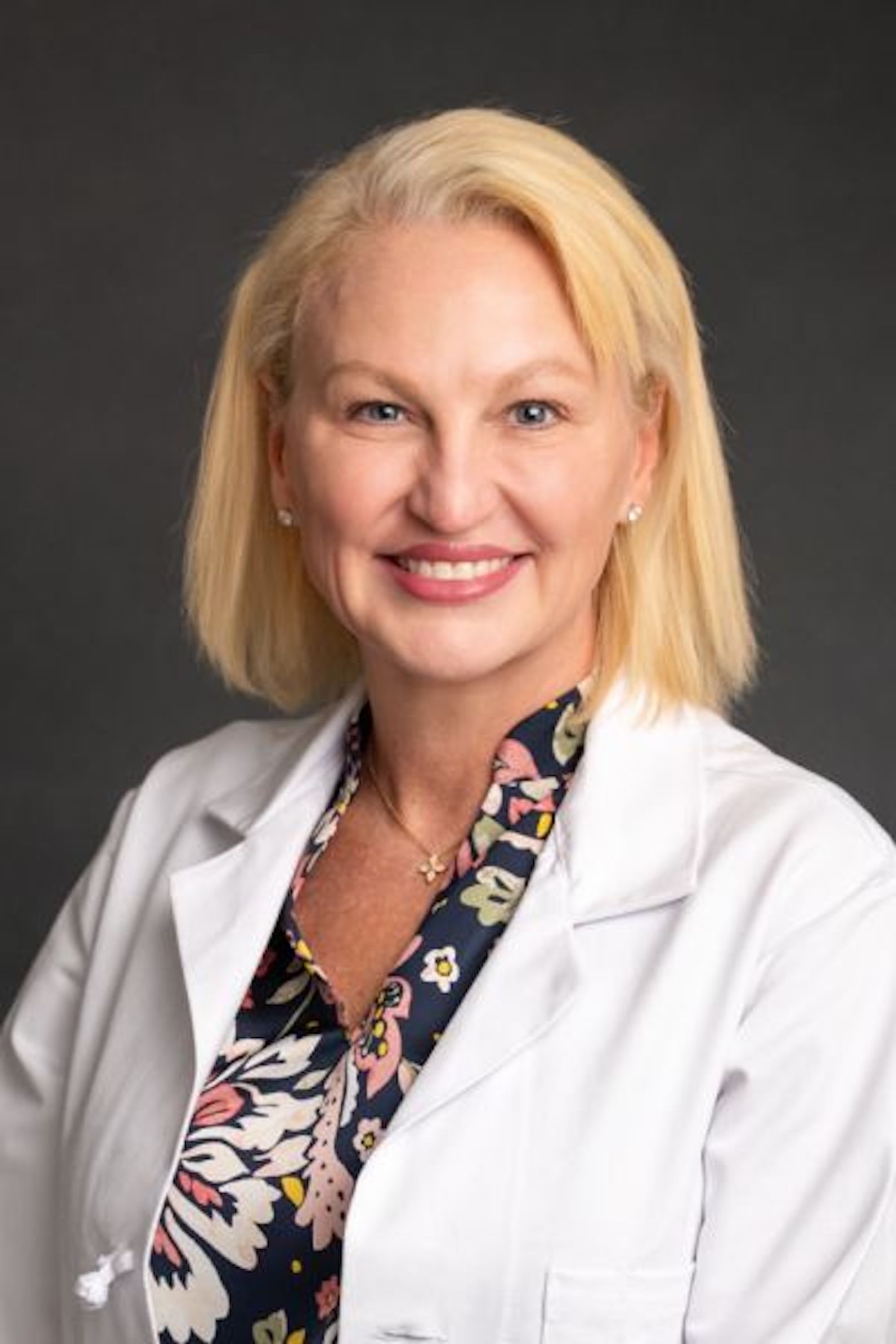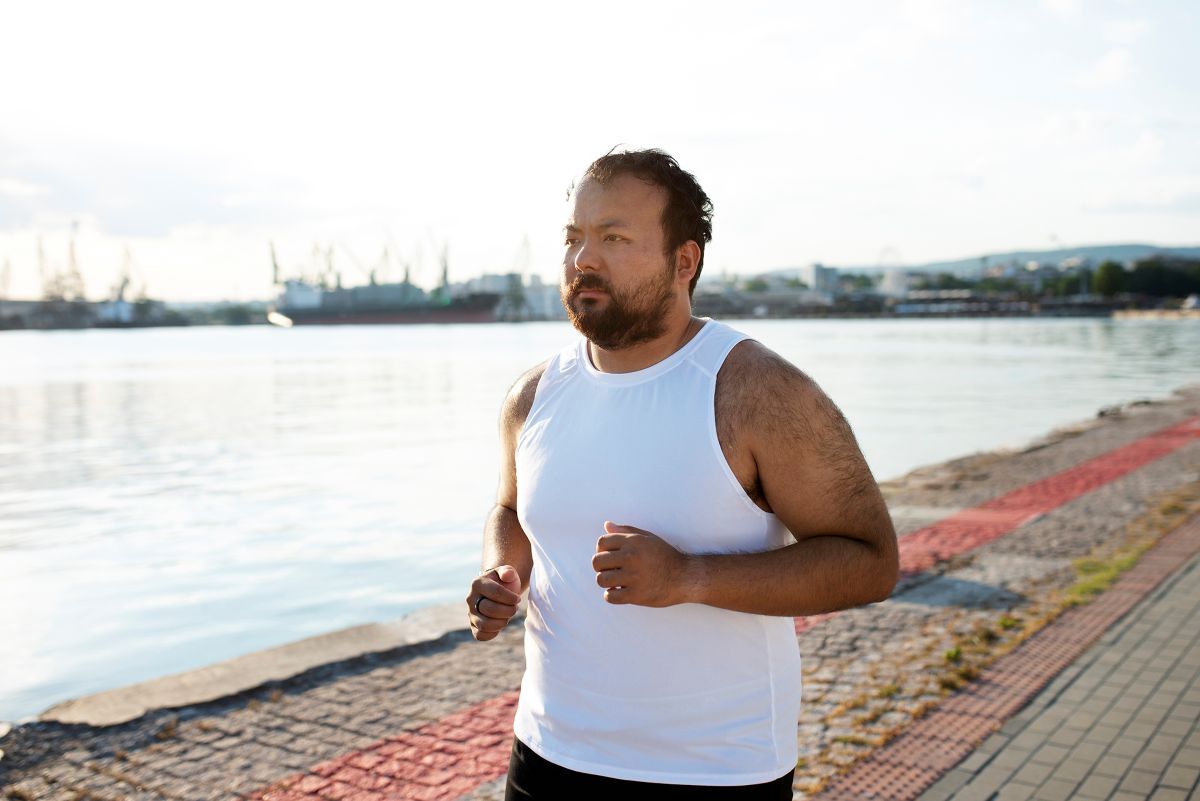Why should my baby or young child receive the COVID-19 vaccine?
Since the beginning of the COVID-19 pandemic, there have been over 2 million cases, 20,000 hospitalizations and 200 deaths due to COVID-19 in children under 5 years of age. The CDC recommends a COVID-19 vaccine for children ages 6 months and older. Stanford Children’s Health encourages all families to have eligible children vaccinated with the COVID-19 vaccine.
For those who may have doubts, scientific evidence has shown that the children who received COVID-19 vaccines during testing developed high levels of virus-fighting antibodies expected to protect them against coronavirus. Vaccines continue to be effective at preventing severe illness and hospitalization, including in children with and without any underlying medical conditions.
COVID-19 vaccines can also prevent multisystem inflammatory syndrome in children and may prevent long COVID, which can be debilitating for young children. Vaccines can protect children, which in turn can reduce the risk of transmission to others.
Free COVID shots for babies, toddlers and pre-schoolers. The Centers for Medicare & Medicaid Services (CMS) announced that children aged six months to five years with Medicaid and Children’s Health Insurance Program (CHIP) coverage are eligible for COVID-19 vaccinations without cost-sharing. The announcement comes after the Food and Drug Administration and the Centers for Disease Control and Prevention this week approved both the Pfizer-BioNTech COVID-19 vaccine for children six months through four years of age and the Moderna COVID-19 vaccines for children six months through five years of age, marking a historic milestone in the nation’s fight against the virus.
Liquid biopsy detects DNA markers in advanced breast cancer withing five hours
A novel, automated liquid biopsy test in development by researchers at the Johns Hopkins Kimmel Cancer Centercan accurately detect the presence of cancer DNA in the blood of patients with metastatic breast cancer within five hours. The test, currently a prototype for research use only, potentially could be used to quickly help oncologists determine if cancer treatments are working.
The test, called the Liquid Biopsy for Breast Cancer Methylation (LBx-BCM), is compatible with a commercially available molecular testing platform called GeneXpert® and can detect methylation, a type of chemical tag, in one or more of nine genes altered in breast cancers in 4.5 hours. It requires less than 15 minutes of hands-on time by a laboratory technician. A validation of the test and its potential uses was published online May 6 in the journal Cancer Research Communications.
Sources: https://guardant360cdx.com/










